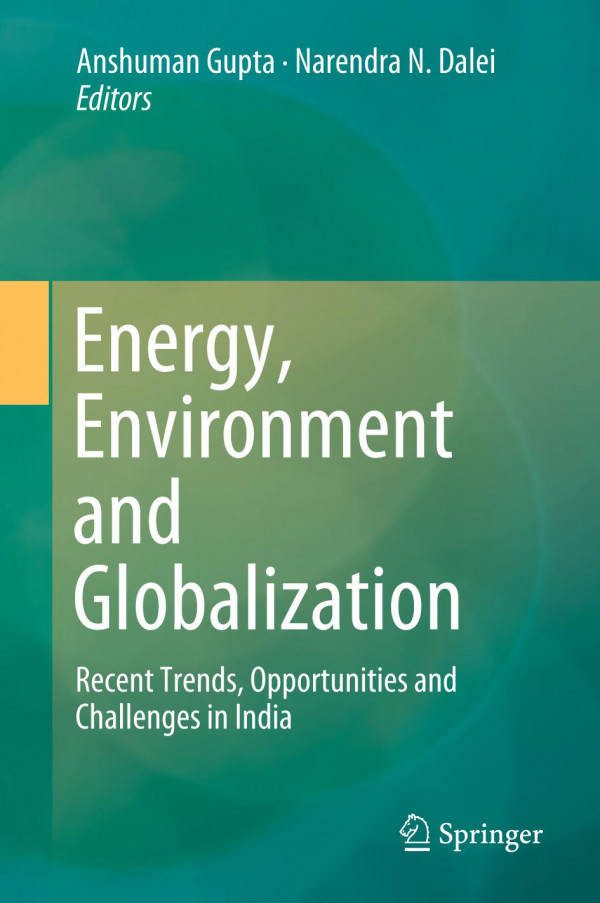

Most ebook files are in PDF format, so you can easily read them using various software such as Foxit Reader or directly on the Google Chrome browser.
Some ebook files are released by publishers in other formats such as .awz, .mobi, .epub, .fb2, etc. You may need to install specific software to read these formats on mobile/PC, such as Calibre.
Please read the tutorial at this link: https://ebookbell.com/faq
We offer FREE conversion to the popular formats you request; however, this may take some time. Therefore, right after payment, please email us, and we will try to provide the service as quickly as possible.
For some exceptional file formats or broken links (if any), please refrain from opening any disputes. Instead, email us first, and we will try to assist within a maximum of 6 hours.
EbookBell Team

0.0
0 reviewsThis book analyzes contemporary issues relating to energy, environment, and globalization in the Indian context. As a signatory to the Paris climate accord, India has reiterated its commitment to taking strong and positive steps toward climate change mitigation. However, as one of the fastest growing economies in the world, it is battling the effects of a steep rise in fossil fuel usage and pollution. Further, increasing globalization is leading to greater economic activity and production, resulting in additional energy use, which has a negative effect on the environment.
The book argues that globalization need not have only a negative environmental impact; it can also have positive impact through the importation of environmentally sound technologies and implementing global compliance standards. The book is divided into three sections: The energy section discusses issues relating to the status of Indian natural gas market and the need for developing an efficient gas market in India; the economics and politics of sustainable energy in India; the challenges of thermal power and significance of clean thermal power generation in India; environmental and policy issues concerning energy use in urban India; the importance of energy use in developing Human Development Index (HDI); and issues relating to renewable energy in India. The environment section then examines topics such as the impact of global warming on local weather by examining the frequency of extreme weather events such as drought and floods, and their impact on farming activities in the Indian state of Odisha; the importance of according the economic value to environmentally significant things like national park , mangroves, etc. for sustainable development; the role of environmental accounting for ecological sustainability and ecotourism; and environmental concerns increasingly gaining traction among the corporate sector for their long-run benefits . Lastly, the third section addresses issues relating to the challenges and opportunities of globalization, such as the interface between globalization and environment; managing India’s business interest in proposing new Bilateral Investment Treaty (BIT); the challenges being faced by Indian exports and their revival; and making Indian SMEs competitive. As such, it is an invaluable resource for policymakers, researchers, practitioners and students in the field of energy, environment and trade economics.